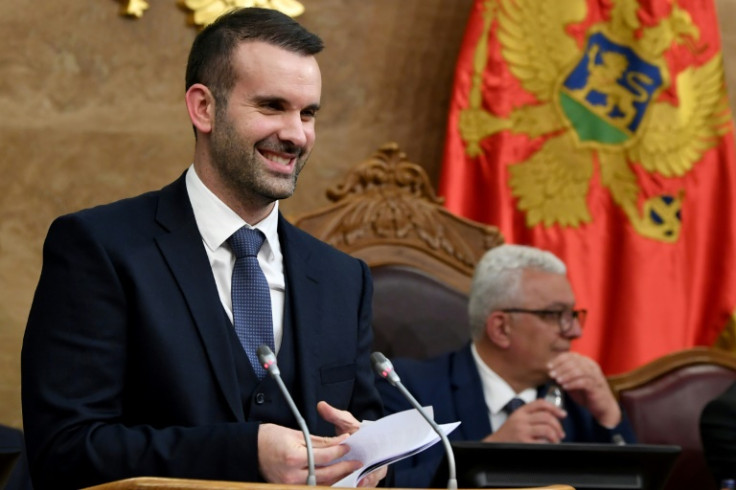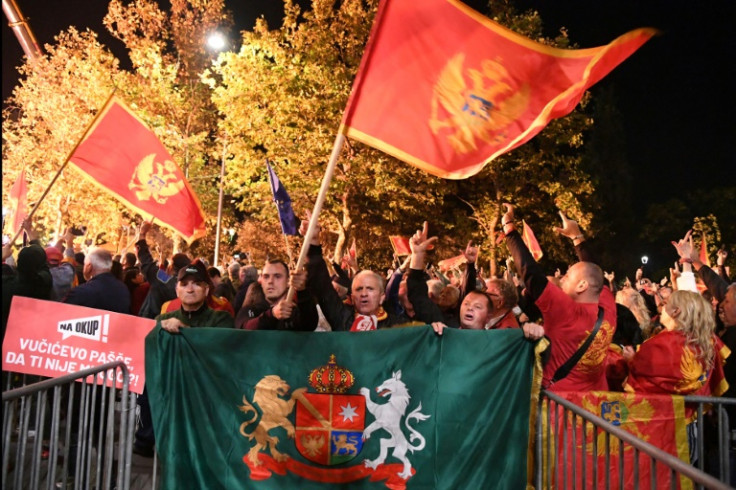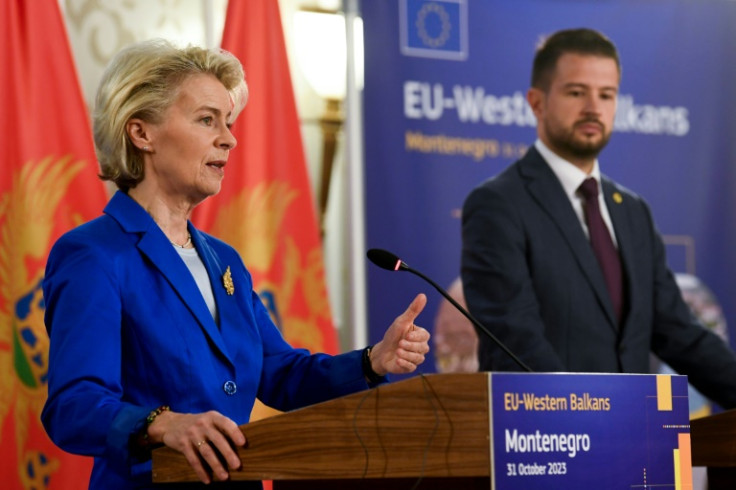Montenegro Finally Gets New Government After Polls

Montenegrin lawmakers on Tuesday voted in a new government, backed by a pro-Russian alliance, nearly five months after general elections.
Prime Minister Milojko Spajic's government was supported by 46 of 66 the MPs present in the 81-member parliament after a marathon overnight debate.
"Our vision is Montenegro as the Switzerland of the Balkans and the Singapore of Europe", Spajic, 36, had told lawmakers ahead of the vote.
His Europe Now party won a slim lead in the June parliamentary elections amid a crowded field, which led to lengthy coalition talks.
The new coalition includes pro-Russian and pro-Serbian parties, notably the alliance For the Future of Montenegro, whose leader Andrija Mandic was elected parliamentary speaker late Monday.
Mandic's alliance opposes recognition of Serbia's former breakaway province of Kosovo and does not support international sanctions against Russia over the invasion of Ukraine.
Several thousand people had protested outside parliament on Monday against his election.
Meanwhile, European Union chief Ursula von der Leyen, on a Western Balkans tour, encouraged Podgorica to now focus on moving closer to the political bloc.
"Montenegro is a frontrunner" in the region on the accession path into the EU, she told reporters after meeting President Jakov Mijatovic.
"Together we should go now the last mile, bring it over the finish line."
According to Mijatovic, the prospect for EU membership before 2030 is "completely realistic and possible".
Von der Leyen stressed that the "accession process is merit-based ... not driven by a calendar" but by the implementation of the reforms.
The June elections came just months after Montenegro's political establishment was rocked when long-time leader Milo Djukanovic suffered a crushing defeat in a presidential run-off in April to newcomer Milatovic of the Europe Now party.
Since forming in 2022, Europe Now has gained traction with a pro-European platform and a pledge to raise wages and launch reforms.
The party has banked its political future on young voters, and injecting fresh faces into the country's leadership long dominated by Djukanovic and his DPS party.
Since the 2020 parliamentary elections -- which saw DPS' grip on power weaken -- Montenegro has pivoted from crisis to crisis.
Montenegro, population 620,000, joined NATO in 2017 and has been negotiating EU membership since 2012.
Political instability and institutional paralysis have blocked the country's path towards the 27-nation bloc.


© Copyright AFP 2024. All rights reserved.







